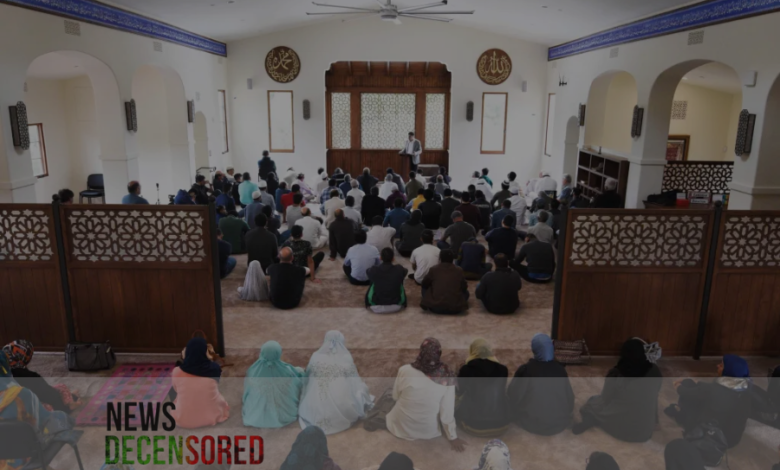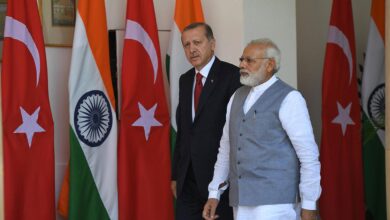The Role of Imams in Community Building and Social Justice

Although the term ‘Imam’ is very popular in our community, it is an Arabic word. It literally means leader, guide etc. Terminologically, in Islam, it refers to a person who leads the congregational prayer.
Spiritual Guidance
An Imam plays a significant function as a man of the cloth. The holy Quran, in many verses, directly mentions guidance, which is spiritual. For example, Allah (SWT) says: “And those who say, ‘Our Lord, grant us from among our wives and offspring comfort to our eyes and make us an example for the righteous.” (Surah AAl-Furqa, 25:74). This verse focuses the description of ‘Ibadur Rahman,’ the servants of the Most Merciful, who are the humble treads of the Earth. An imam must possess such qualities to lead people on the right path.
Educational Leadership
In the light of Islamic teachings, the Qur’an and Sunnah support knowledge-seeking and wisdom. Allah says: “(Moses said to Allah), ‘O Lord, behold, I flee to You for protection from asking what I do not know of my Lord; should You not forgive me and have compassion on me, I shall be a loser.'” Imams who are over-learned are responsible for Islamic education as a learned personality. Just as the Prophet said: A good scholar inherits the place of a good Prophet – Sunan Ibn Majah.
Advocacy for Social Justice
Bearing and safeguarding justice, social, and peace are keystones of the Islamic teachings. The Qur’an states: Believers, be steadfast in justice, witnesses of Allah even if it is against yourselves or your parents and relatives. Whether the matter favours someone rich or poor, Allah has precedence over both. Do not follow your desires so that you will not be equitable. And if you twist the Truth or deliberately conceal it, then Verily, Allah is Ever All-Secrete of what you do. (Surah An-Nisa, Based on this principle, an Imam should fight for social justice by speaking out for issues affecting society, such as injustice and poverty.
Community Cohesion and Counseling
Shurah (consultation) is one of the essential principles of leadership, reflecting the working idea of leadership. The Qur’an states: “And had it been Our commandment, [O Muhammad,] to be angry with you, We would have sent, to you, an angel with the inspiration, in the course of which We expound some of Our messages to you, [saying:]’ Therefore, be lenient with them and ask forgiveness for them, and consult with them in [matters of] decision-making; then, once you have entrusted them [with a Based on the fact that Imam is a counsellor, they can talk to the community without any restrictions to state several issues to make the community united.
Mediation and Conflict Resolution
According to the Sunnah’s content analysis, some cases show that even Prophet Muhammad (SM) used to referee disputes. Similarly, it will be expected that an Imam should have conflict-solving abilities to avoid societal tensions.
Compassion and Empathy
The cited Prophet’s Hadith concentrates on the UN Sustainable Development Goals of compassion and empathy for the people. An imam should possess these qualities to explain things to everyone, especially the challenged.
Charitable Initiatives
Charity giving is well supported in Islam. The Qur’an states: Thus, the example of those who donate their wealth, seeking Allah’s pleasure and believing the reward is sure, is that of a garden on a fertile hill: when heavy rain falls, it yields up twice its average produce. A drizzle is sufficient if no heavy rain falls, and Allah will all see what you do. ” (Al-Baqarah, 2:267). From the above analysis, it can be suggested that an Imam should start charity programs and causes in the community to support people in need and promote a culture of the vice versa.
Environmental Stewardship
There is a provision concerning environmental matters as far as the teachings of the Qur’an and the Sunnah are concerned. The Qur’an states: “O Children of Adam! If you address one another in the streets and dangers or the worship, let your adornments be from the heart’s adornment; eat and drink, but do not be wasteful. Surely, He does not like the wasteful.” (A’raaf 7: 31&32). This verse indicates the conservation of resources with the statement, ‘He who tills the field is reckless’. An Imam can potentially set an example in various practices and encourage people in the community to look after the Earth.
Thus, it can be concluded that an Imam is MUCH more than just a man who leads the prayer. An Imam is a preacher, teacher, champion of the Cause, counsellor, negotiator, compassionate authority figure, fundraiser/champion for charity, and environmentalist. These roles are rather complex and equally central to maintaining the health and order of Islamic society.




